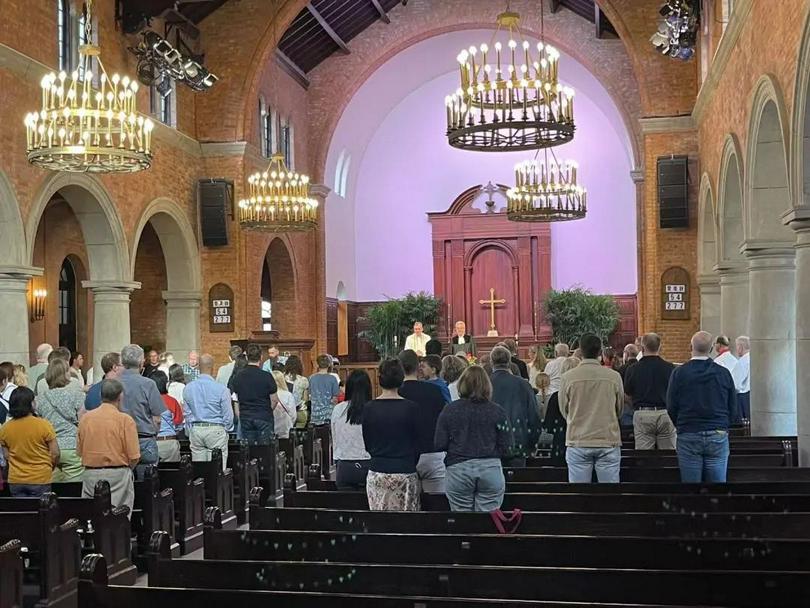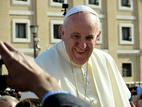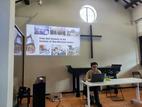China's National Religious Affairs Administration has recently issued an order announcing the newly revised "Rules for the Implementation of the Provisions on the Administration of Religious Activities of Foreigners in the People's Republic of China," which will take effect on May 1, 2025.
The "Rules for the Implementation of the Provisions on the Administration of Religious Activities of Foreigners in the People's Republic of China" (hereinafter referred to as the "Implementation Rules") comprise five chapters and 38 articles. They specify that foreigners may attend religious activities at legally registered temples, mosques, churches, and other authorized religious venues. Additionally, they may hold collective religious activities in temples, mosques, churches, or temporary locations approved by the authorities and invite Chinese clerical personnel to conduct baptisms, weddings, funerals, prayers, or Taoist and Buddhist rites.
The rules outline specific requirements and application procedures for foreigners in China to hold collective religious activities in temples, mosques, and churches. They also detail the conditions, required materials, and approval process for establishing temporary sites, along with other administrative licensing matters. Furthermore, the rules state that foreigners conducting religious activities in China must comply with Chinese laws, regulations, and policies; respect China's principle of religious independence and self-governance; and accept government oversight in accordance with the law. They must not use religion to undermine China's national interests, public welfare, or the citizens' legal rights, nor violate public order or social norms.
Article 13 states that "within a county-level administrative area, only one temporary location is generally approved for foreigners of the same religion who share a common language for collective religious activities." The validity of a temporary location is limited to a maximum of two years, after which a new application must be submitted upon expiration. Additionally, "the religious affairs department of the county-level people's government is responsible for overseeing collective religious activities conducted by foreigners at these temporary locations."
Article 16 stipulates that, "except for Chinese clerical personnel who are arranged or invited to preside over religious activities in accordance with these implementation rules, collective religious activities conducted by foreigners in China are restricted to foreign participants only."
Article 23 stipulates that foreigners in China who engage in cultural or academic exchanges with Chinese religious groups, religious schools, or religious activity sites, bringing religious publications, recordings, or other religious materials into the country beyond personal use, are subject to specific quantity limits. Single-volume publications must not exceed 10 copies per person per entry, while complete sets are limited to three per person per entry.
Article 24 further states that if foreigners bring religious publications, recordings, or other religious materials exceeding personal use limits, the receiving entity must apply for approval from the religious affairs department of the local provincial-level people's government.
Article 23 specifies that foreigners who are lawfully employed in Chinese religious schools through the prescribed legal procedures may serve as foreign professionals and teach at these institutions.












